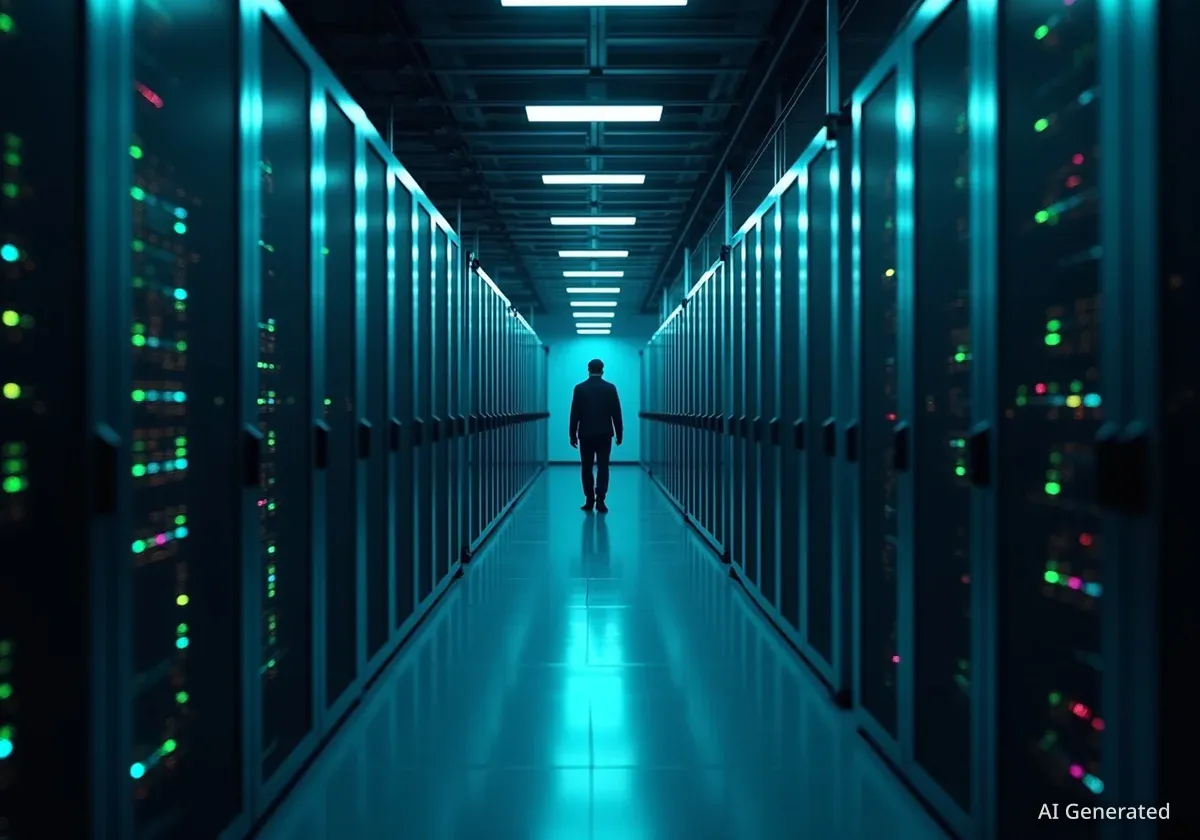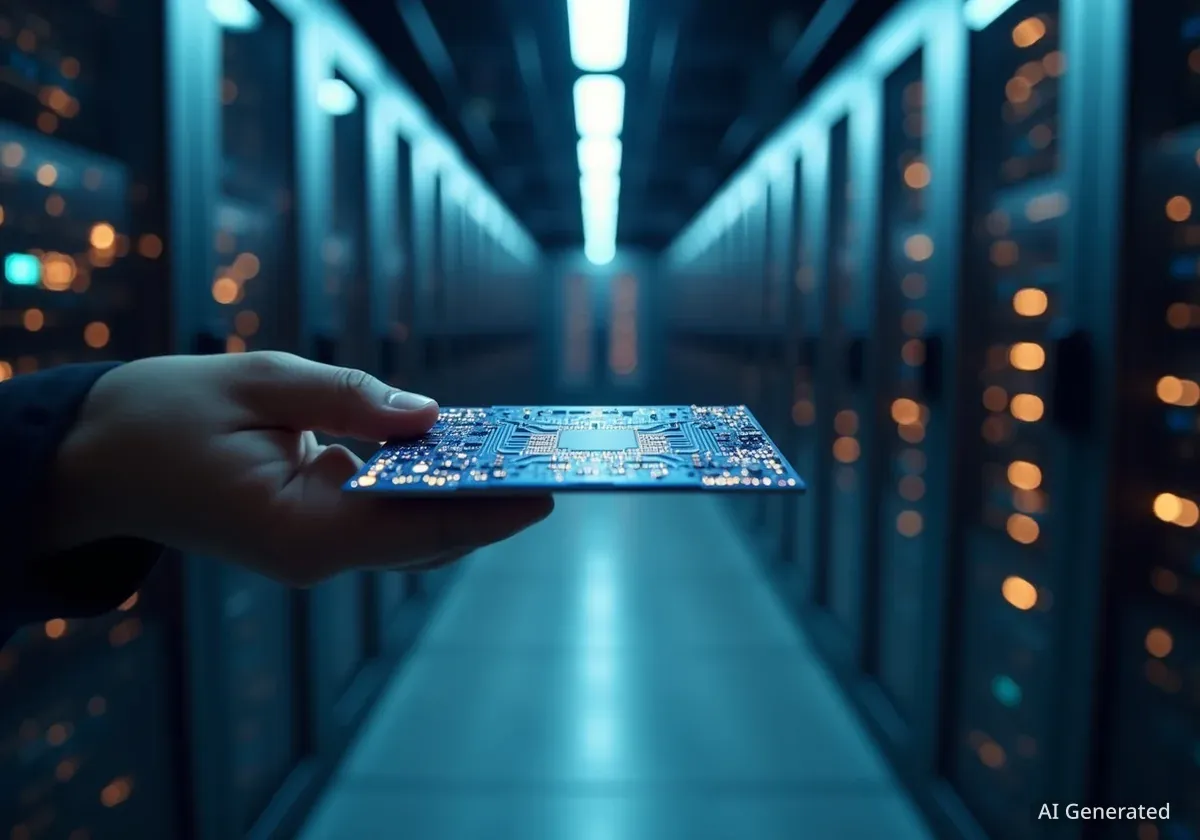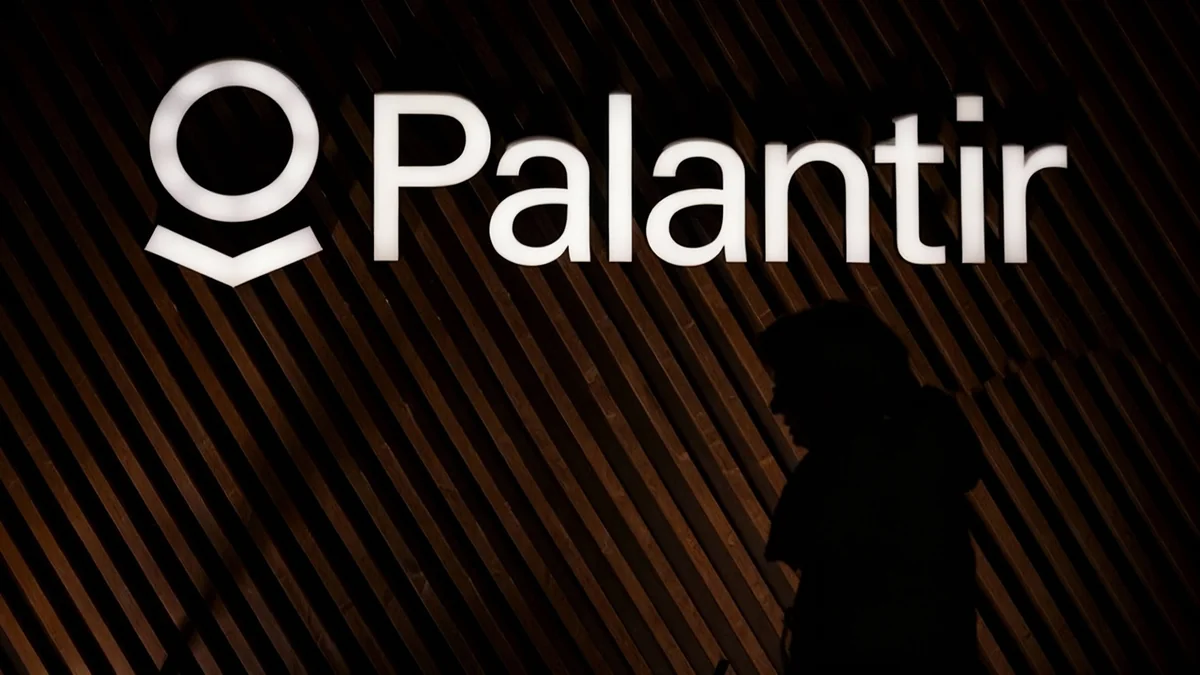Nvidia and Deutsche Telekom have announced a significant partnership to establish an "AI factory" in Munich, Germany. This €1 billion collaboration aims to boost Germany’s AI computing power by 50% through the development of an "Industrial AI Cloud." The project is set to begin operations in early 2026, providing advanced AI inferencing and services to German companies while adhering to strict German data sovereignty laws.
The initiative comes as Europe seeks to strengthen its domestic technology infrastructure and reduce reliance on foreign providers. This new facility will leverage over 1,000 Nvidia DGX B200 systems and RTX Pro Servers, equipped with up to 10,000 Blackwell GPUs, marking a substantial investment in the region's artificial intelligence capabilities.
Key Takeaways
- Nvidia and Deutsche Telekom are investing €1 billion in a new AI factory in Munich.
- The project, called the "Industrial AI Cloud," will increase Germany's AI computing power by 50%.
- It will use over 1,000 Nvidia DGX B200 systems and up to 10,000 Blackwell GPUs.
- The initiative aims to support German companies with AI services and comply with local data sovereignty laws.
- Operations are expected to begin in early 2026.
Building Europe's AI Infrastructure
The new AI factory represents a major step towards enhancing Europe's digital independence. For years, the European tech industry has advocated for reducing its dependence on non-European infrastructure. This partnership directly addresses those calls by providing a robust, in-country solution for AI computing.
Deutsche Telekom will provide the physical infrastructure for the project. SAP will contribute its Business Technology platform and applications, creating a comprehensive ecosystem for industrial AI development and deployment. This collaborative approach highlights a concerted effort by major European players to foster homegrown technological advancements.
"Mechanical engineering and industry have made this country strong," said Tim Höttges, CEO of Deutsche Telekom. "But here, too, we are challenged. AI is a huge opportunity. It will help to improve our products and strengthen our European strengths."
Project Scale
- Investment: €1 billion ($1.15 billion)
- GPU Count: Up to 10,000 Blackwell GPUs
- System Count: Over 1,000 Nvidia DGX B200 systems and RTX Pro Servers
- Impact: Boosts Germany's AI computing power by 50%
Industrial Applications and Early Partners
The "Industrial AI Cloud" is designed to support a wide range of industrial applications. Digital twins and physics-based simulations are key use cases outlined for manufacturing and engineering companies. These technologies can optimize production processes, predict equipment failures, and accelerate product development.
Several early partners have already joined the initiative. Agile Robots will contribute its robotic systems for installing server racks at the new facility. This integration demonstrates the practical application of AI in managing the infrastructure itself. Perplexity, an AI company, will use the data center to provide AI inferencing services directly to German users and businesses, ensuring data remains within the country.
Data Sovereignty and Compliance
A critical aspect of this project is its commitment to German data sovereignty laws. This ensures that sensitive industrial data and user information remain protected under national regulations. Such compliance is vital for fostering trust and encouraging widespread adoption among German enterprises, particularly those in highly regulated sectors.
European AI Landscape
The European Union has committed €200 billion to establish "AI gigafactories" focusing on industrial and mission-critical applications. However, funding for AI initiatives in the EU has historically lagged behind that of the U.S., where tech giants have invested hundreds of billions in AI infrastructure. This new partnership is separate from the EU's broader gigafactory initiative but aligns with the continent's strategic goals for AI development.
Challenges and Opportunities for European Innovation
While the EU has made efforts to support AI development, some tech companies have voiced concerns about the bloc's regulatory approach. Critics argue that certain regulations could hinder innovation and slow down the adoption of new technologies. Projects like the Industrial AI Cloud aim to demonstrate how significant AI infrastructure can be built while still adhering to European values and regulatory frameworks.
The partnership between Nvidia and Deutsche Telekom underscores the growing recognition of AI's transformative potential for traditional industries. By focusing on industrial applications, Germany hopes to leverage its strong manufacturing base to become a leader in AI-driven production and innovation. The facility is expected to be a catalyst for further technological advancements across various sectors.
- Use Cases: Digital twins, physics-based simulation, AI inferencing.
- Early Adopters: Agile Robots (server installation), Perplexity (in-country AI inferencing).
- Strategic Goal: Strengthen European technological independence and AI capabilities.
The establishment of this AI factory is a clear signal of Europe's ambition to compete on the global stage for artificial intelligence leadership. It combines significant investment, advanced technology, and a focus on local data governance to create a powerful new resource for German industry.





